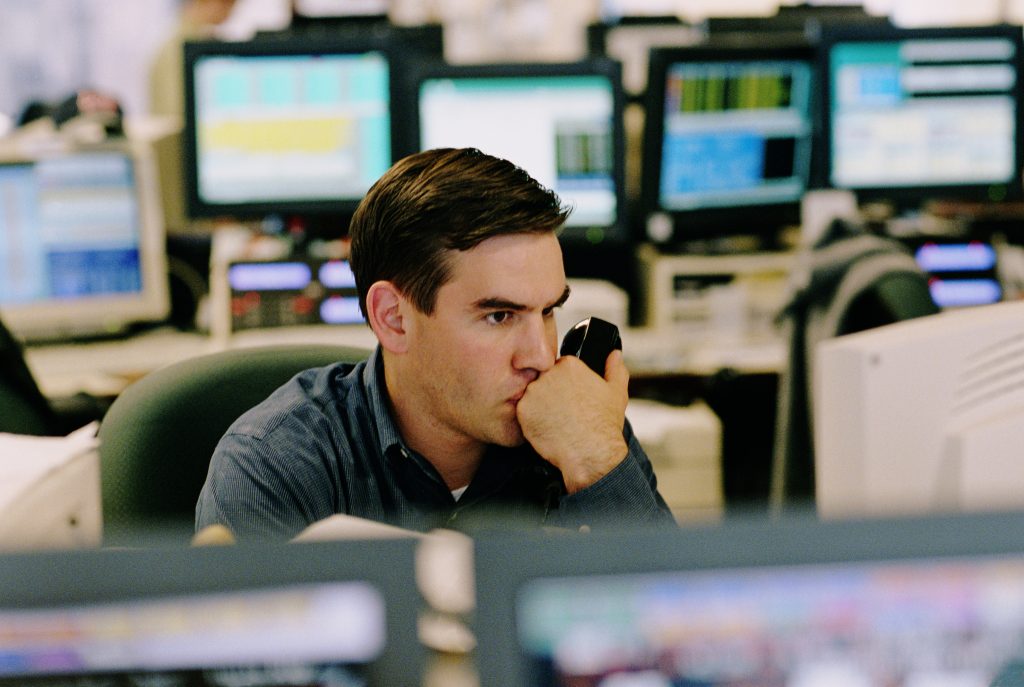Monthly Market Update | 11 February 2021
Is this a bubble? Is it safe to invest at such high valuations? This constitutes 90% of client questions these days, and for good reason. It seems outlandish that stock markets are sky high while the global economy is having its worst quarter since the second world war. The answer, the House View we put together, is not necessarily straightforward, but it’s simple:
Engaging with markets, having a portfolio, is the price to pay to keep one’s assets growing, especially when one can or no longer wants tp work to increase them. And the state is currently very actively subsidising investors who are willing to take market risks.
The idea that valuations are very high and therefore this is a bad time to invest is a reasonable one. Historically, valuations have been driven higher by investor exuberance, and this certainly holds true today.
On the one hand, equity and bond markets are sky high.
On the other, a, not just “challenging” but “ugly” macroeconomic backdrop. One of new Covid-19 challenges, despite the vaccines, political turmoil, lockdowns in Europe and damaged supply chains that suffer increasingly more as the unbalanced nature of the recovery is taking a toll on the global economy. Experts surveyed keep postponing their recovery projections into the back end of 2021 or maybe 2022, The one medicine, arguably as important as those provided by science, that of international cooperation, is unavailable as the post-war global geopolitical continues to unravel under the weight of pandemic socioeconomic repercussions and in the absence of clear global leadership.
It is this dichotomy, soaring markets and a dismal economy that has investors thinking: Are valuations too high? The traditional answer, “yes, but central banks are still supportive” is met with increased skepticism: “Are we becoming insensitive to risk, so much so that one day something bigger than central banks will wipe out the market?
The answer is twofold:
First, that this way of thinking was prevalent in 2009 and onwards. An investor who had answered “no” in the question “do you trust central banks to fix this?” would have missed out on one of history’s biggest rallies.
Since the previous trough in 2009, our balanced portfolio made 138% after fees since the trough in 2009, or 8.22% per annum . For comparison purposes, before fees financial canon expects stocks to deliver 8% per annum and an average balanced portfolio after fees around 5% .(The calculation of course includes only the rebound after the 2008-2009 downturn to compare against a sluggish economic performance of 2-2.5% during the same period).
Second, and we can’t highlight this enough, central banks are rooting for investors, not setting them up to fail. In the past decade they have pulled out all the stops in hope that economic policy decisions, or technological advancements will once again foster high(er) growth in western markets.
The question isn’t whether we trust them to be honest. They are. The question is whether we trust them to succeed. Can they forever reinvent capitalism in order to save it?
The answer has to be a firm yes, if for no other reason than because the alternative could be detrimental to the liberal western way of life and systemic risk would be so high that there would be nowhere to alternatively store wealth.
George Lagarias, Chief Economist

















Comments